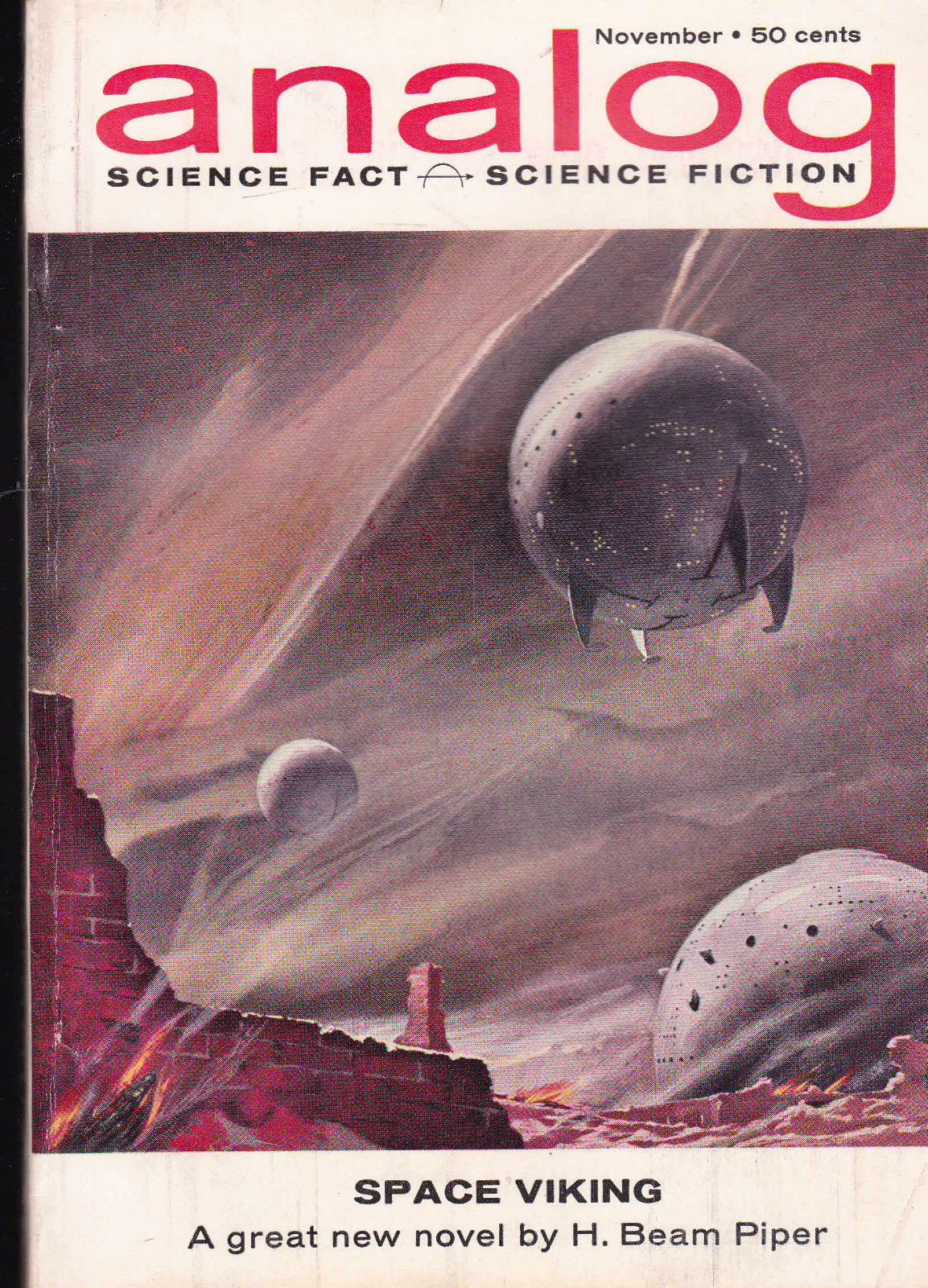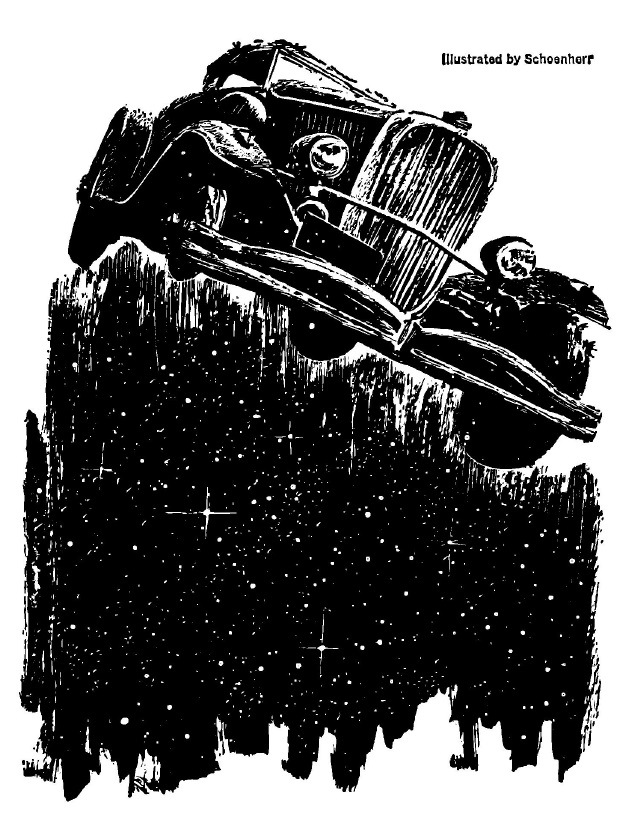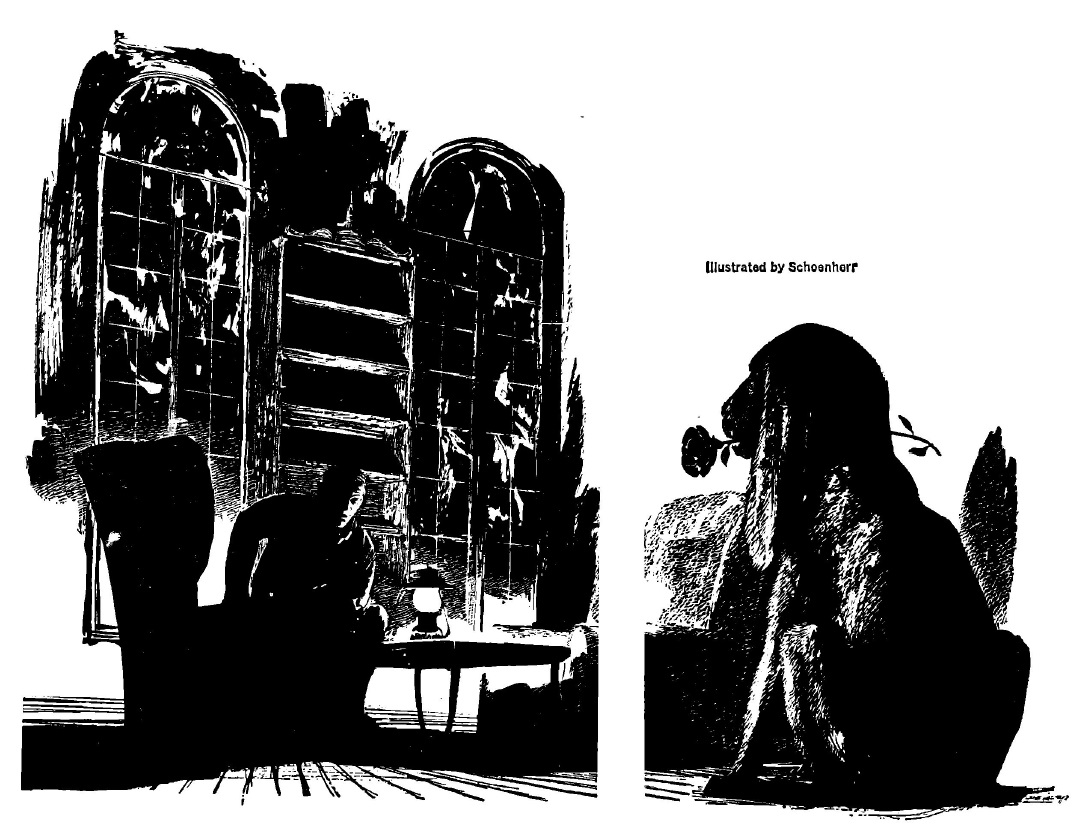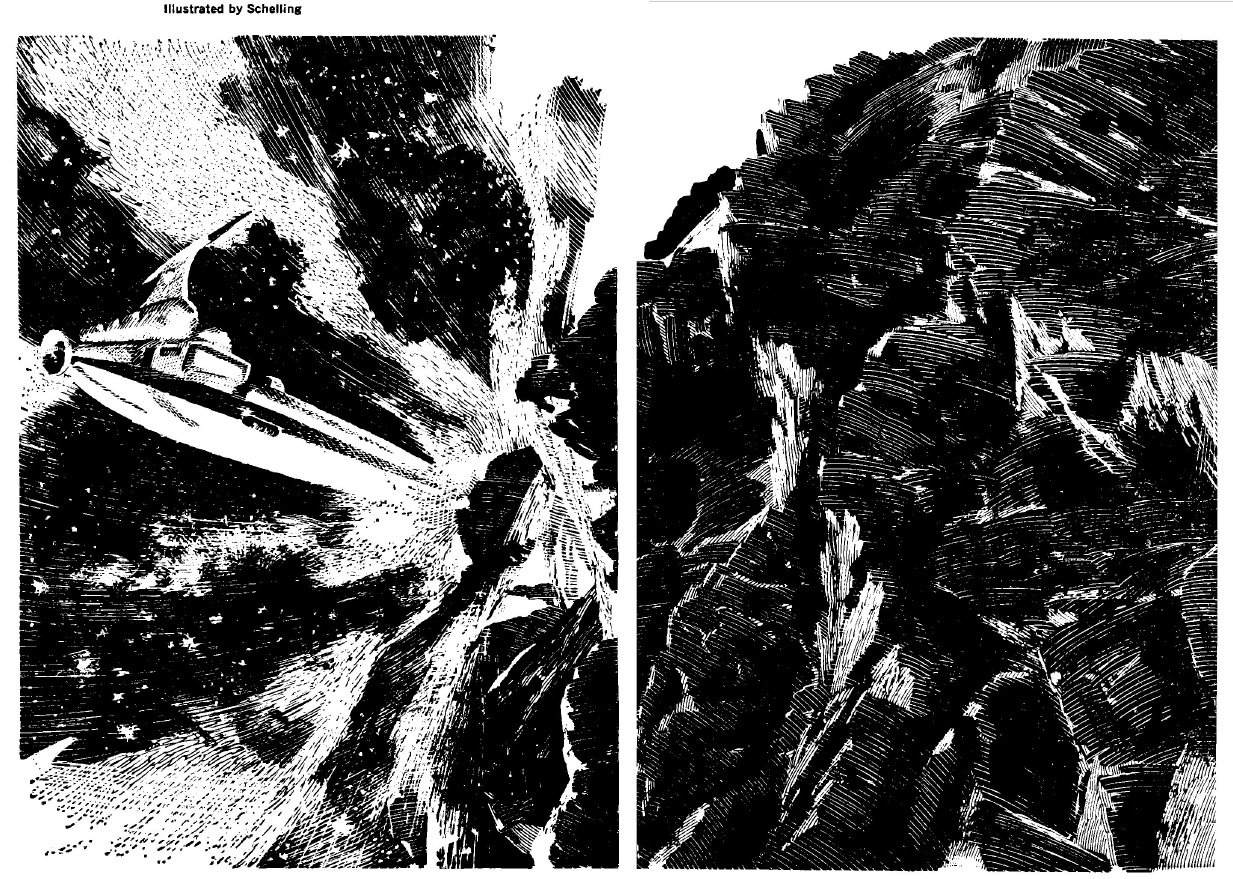[if you’re new to the Journey, read this to see what we’re all about!]

by Gideon Marcus
What the papers are now calling the Cuban Missile Crisis is a blister ready to burst. An American pilot has been shot down. There are rumors of confrontations between American and Soviet warships. Bomber take-offs have rattled windows in towns near Air Force bases around the nation. Kennedy, Khruschev, and U Thant are all offering proposals to turn this thing off, but so far, there are no takers.

I find almost jarring the contrast between the lurid and constant news reports and the rather bland offerings found in the last American science fiction magazine I'm reviewing this month, namely the November 1962 Analog. Perhaps you'll find its relative drabness a comfort.

Space Viking (Part 1 of 4), by H. Beam Piper
Piper has written many stories set in what appears to be a coherent future history. There are consistent references to planets such as Tanith and the Sword Worlds. A Terran Imperium spans much of the galaxy. Space Viking is both familiar and a departure, set as it is centuries after that Empire has collapsed. Society and technology are on the regress, and the now-independent Sword Worlds have reverted to a kind of planetary feudalism. These worlds grow rich on plundering the decaying carcass of the Empire; space piracy and raiding on a planetary scale are now respected endeavors.
This latest of Piper's works follows a noble of one of the Sword Worlds who contracts a famed but currently shipless captain to skipper a newly commissioned ship. The mission of the cruiser Nemesis is not piracy, but revenge against a most egregious of pirates.
It's an interesting read, and planethopping tales are among my favorites. I lament the lack of any real female characters though, particularly from the author who gave this column its avatar (Dr. Martha Dane of Omnilingual). Three stars thus far.
Untechnological Employment, by E. M. Clinton, Jr.

An exceedingly short, juvenile piece. I did note, however, the unorthodox use of the new term "Native American" for those typically called "Indians." Two stars.
Solomon's Orbit, by William Carroll

Old coot shows up all those highfalutin eggheads by inventing an orbital drive out of space junk while all those rocket scientists can barely make a missile go. A word of wisdom to the new author desperate to be published: this is the kind of tale Campbell loves. Not me, though. Two stars.
The Servant Problem, by Robert F. Young

At first, one is led to believe that this will be another story about an eccentric non-scientist coming up with the invention of the ages. Instead, as the canny reader will pick up on, it's far more. That said, it's not a great story, and the end is as expositional as they come. Nevertheless, Young is always readable, even when he's not brilliant. Three stars.
The Educated Flatworms, by John Eric Holmes

Well, here's a welcome surprise. Normally, the slick pages devoted to non-fiction end up ruined by the monthly pseudo-science Campbell favors (psionics, reactionless drives, etc.) This time around, we have an absolutely fascinating piece on the training of flatworms, the common ancestor to most animals. Not only can you teach these squishy creatures, but they pass on their knowledge to others in most surprising ways.
Normally, I'd expect stuff like this to be typical Analog bunk, but I've looked up the researchers in question, and their results appear to be legitimate. The article's only fault is a less than rigorous conveying of test scores; it's not exactly clear what the significance of some of the numbers is. Four stars.
Anchorite, by Johnathan Blake MacKenzie

The harsh living of the mining Belter, securing asteroids for precious metals and oxygen, makes for a hardy, reliable breed. But is the resulting culture of rugged individualism a designed-for result or a happy side effect? MacKenzie gives us both sides of the story, from the points of view of the rock-dwellers and a pair of Earthers. Not an entirely unbiased view — there is more than a little condescension in the space-dwellers' take, but there is also naivete, which I appreciated.
This should be a good story, but it's not. For one thing, "MacKenzie," with his lurid descriptions of asteroids, flat attempts at puns, utter lack of women, and his begging the question like a highway mendicant, can be none other than Randall Garrett. This is not a selling point (though, under his true identity, he has been doing the rather better, asteroid-based Ship Named MacGuire series.)
For another, the scenes of asteroid mining are tedious, and what passes for dialogue even more so. This could have been a fascinating tale if told by, I don't know… Piper or Leinster or Reynolds. In Garrett's hands, it's limp stuff. Two stars.
Crucial Experiment #2, by Joseph F. Goodavage
Good gravy — Campbell had to include a three-page astrological weather forecast. I guess we'll have to see if there be any accuracy to it next month. My money's on "No."
—
And so ends another readable but not outstanding issue of Analog. I'm sure its intended audience would give it more stars than I do, and I wasn't bored for much of it, but it's only fair to middlin' stuff right now. Stay tuned for the last magazine of the month, this one from the other side of the Pond!










